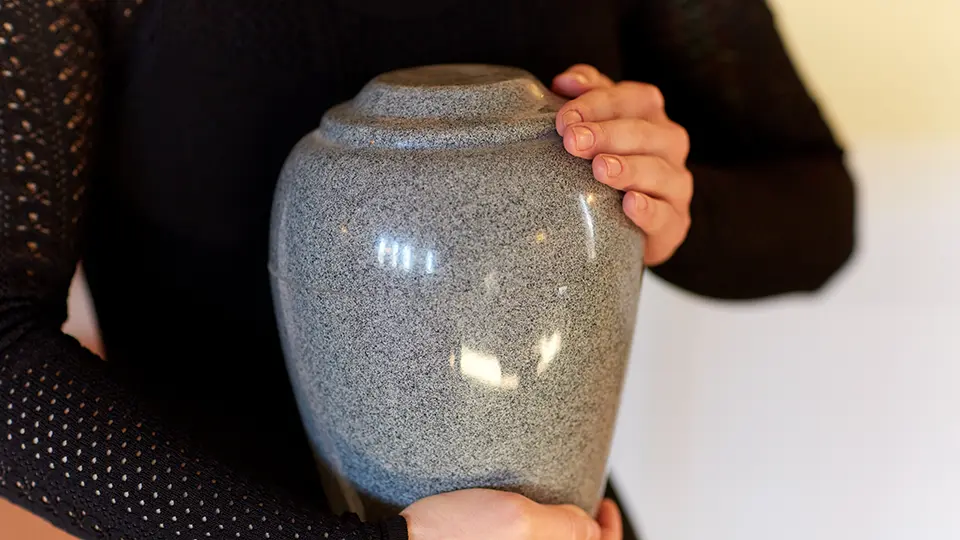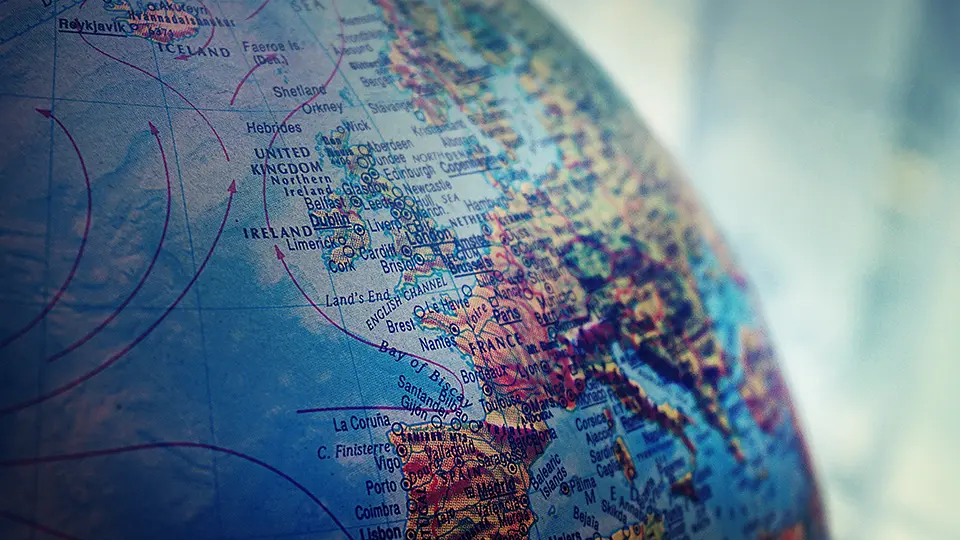After the demise of a friend or family member abroad, you’ll need to organise body repatriation. There will also be questions such as, What happens if I die abroad and what’s the first step to take? What steps do you need to take to communicate with foreign people? Where can you ask for assistance? How much does repatriation cost?
This informative post aims to answer all your questions on dying abroad.
When someone passes away while travelling abroad with them
The first steps to take when someone passes away while travelling abroad with them include:
- Update the closest British High Consulate/Commission or Embassy about the death to get advice on the following steps to take
- If your tour was an organised one, then update the organisers about the issue
- If you stay in a resort, then update the representative about your family member or friend’s passing away
You can get assistance during this emotional moment from most organisations and holiday resorts via their welfare representatives. Consider also contacting your other family members at home to seek advice on body repatriation and the other following steps to consider.
But what if you’re holidaying in a foreign country? And you’re residing in an accommodation/Airbnb that isn’t reserved via an organisation? This case requires you to update your family members and inform the local police to assist you in communicating with the closest British embassy if you have not already located it.
When someone passes away while travelling abroad alone

Now, you may ask, what happens if you die abroad while travelling alone? Or, what happens if your friend or family member passes away while travelling abroad and you’re at your UK home? The law allows the British Commission to update the deceased’s next-of-kin, and offer advice on body repatriation. You can get updates from the police force or the embassy.
Consider contacting the Foreign, Commonwealth & Development Office if you receive the information from a tour operator or package holiday representative. Either of them will keep updating you about everything taking place and assist you in the arrangements.
It’s confusing and challenging to realise your friend’s or family member’s death, especially in this case where it happens far away from home. However, you can take various steps to handle this issue. If you are very stressed you can always seek help from close friends or family members if possible.
Registering the death
You’re required to record your friend or family member’s demise in the nation where they died. But how will you do this?
You can get help from the closest British embassy. However, remember to register the demise with the UK’s Foreign & Commonwealth Office. If the death happened while your loved one was on an aircraft or ship, you need to record this in the nation with the registration details of that aircraft or plane. Don’t register the incident in the country where the aircraft or ship was when the death happened. Again, you can seek help from the British embassy to get these details.
Bringing the deceased’s body home
It’s not too challenging to bring the deceased’s body home from a foreign country. Here are the steps to follow and make this process of body repatriation easier:
- Get the Death Certificate’s English translation
- Obtain an embalming certificate from the funeral director, to allow transportation of the body
- Obtain a permit to bring the deceased’s body home – you’ll get this approval mainly from a coroner in the nation where the demise happened.
- Let the coroner in the UK know if the demise was unnatural, unexpected or violent – scrutiny will normally have to be performed.
When the deceased’s body is taken back home, you need to take your loved one’s death certificate (English translated version) to the register/records office – in the area where you plan to conduct the funeral.
Bringing ashes home following an abroad funeral

Hand decorated biodegradable urns are a popular way to store ashes in. You must have two documents to bring the ashes of your loved one home after an abroad cremation. These include:
- Cremation certificate
- Death certificate
Note that the country’s regulations will significantly impact the overall process.
Bringing the deceased’s body home for a funeral in the UK
Body repatriation is If a loved one or friend passes away overseas, and the body is sent back for burial. Please note that the body will normally have to be embalmed and placed in a zinc lined, air-tight coffin for transportation. These coffins are referred to as hermetically sealed. If however the death was a result of an infectious disease, it is best to consult an undertaker in that country as to what the procedure is. Under this situation embalming may not be possible for public health reasons.
This process entails taking the departed back to their origin country. In some cases, individuals choose a funeral overseas, meaning they have to repatriate the deceased’s remains from the United Kingdom.
But how can you start your loved one’s body repatriation process? Here’s the breakdown:
- Update the British authorities: You must update the closest British embassy about your loved one or friend’s demise before starting the body repatriation process.
- Check if the deceased had processed the repatriation insurance: The body repatriation process can be expensive. It includes considerations like the overall process bureaucracy, embalming expenses, and shipping costs. Therefore, it’s indispensable to check the deceased’s insurance policy. Most travel insurance agencies will add the body repatriation process as a section of their insurance policy, but passing away overseas without insurance can force the next-of-kin to pay the fees.
- Register the demise: You must do this directly on the register/records office where the death happened. After this, process a translated version of the Death Certificate and collaborate with the coroner. It’s the coroner who can approve the body repatriation process.
- Funeral director: You will need to locate a suitable undertaker to carry out embalming, and supply the zinc lined sealed coffin. The undertaker will also need to take the coffin to the airport, and help arrange paperwork.
- Certificate of embalming: You will normally need this to transport the body overseas.
You can repatriate the deceased’s remains to the UK once all the necessary permissions have been approved and you have the relevant documents.
How much does repatriation cost

Prepare to spend between £1800 and £17,000 to return the deceased’s body home. However, the country you will be transporting the body to or from, and the repatriation provider significantly impact the amount you’ll spend on the overall process. The average body repatriation claim from travel agencies stands at around £3500.
Unlike reserving a flight overseas, the repatriation process expenses aren’t only about the distance you’ll cover. These costs also include the logistics. In addition, each country has unique repatriation rules, and some of these rules involve a more complicated process than others.
What the repatriation costs include
Body repatriation involves several other processes. The fees you pay to return your family member or friend’s body home for a UK cremation or burial also involve handling paperwork (both sides), meeting each requirement to transport the coffin and caring for the deceased’s body.
Below is what the body repatriation costs are more likely to stand for:
- The flight
- Translating official records and paperwork
- A zinc lined, air sealed coffin – is mainly needed to transport the deceased body overseas.
- Embalming – it’s not a mandatory process, but it’s required for a deceased’s body being transported via an aeroplane.
- Collecting and caring for an individual who passed away before the flight
- Collaborating with burial/funeral directors in the two countries
Other services that need additional fees include:
- Preparing for a memorial service before the flight
- Cremating the deceased before the flight
- Visiting the dead at the funeral chapel before the flight
Note that repatriation providers charge different amounts for each section of the service. Therefore, it’s recommended to request quotes before taking further steps. Doing this will help you locate a repatriation provider suiting your budget.
Managing repatriation costs
Suppose the individual who passed away had a travel insurance cover or you were holidaying with a tour team or on a cruise. In that case, the company policy will likely cover a significant percentage or all of the repatriation expenses. Contact the company first for a clear message, before taking any steps.
It is normally much cheaper to arrange for your loved one’s cremation before you leave, rather than have the body transported back for a cremation. A professional body repatriation and ashes courier can charge you anywhere from £265 to around £300 in Europe and up to £650 in New Zealand and Australia, £850 for South Africa, Canada, and the United States, it’s still more affordable than body repatriation costs without cremation.
Paying for the deceased’s funeral
Funeral arrangements can be expensive and stressful at the same time. Therefore, you need to consider how much you can afford if you plan to pay for the funeral. Using low-cost undertakers to save funeral expenses is often a sensible way ahead.
Funeral related costs of someone who dies abroad can be cleared by:
- The money the individual had in a building society or bank, although they need to release the funds after probate (a court case that entails the distribution of the deceased’s possessions, property and money), is granted. You may need to clear the charges if a delay occurs.
- The deceased’s estate, including the assets, property or money the individual left. Note that burial expenses take priority over other arrears.
- A prepaid funeral plan the individual took out
- You or friends or other family members
- Money from a pension scheme or life insurance policy the individual paid into
- You may be entitled to Government and/or charity help
Conclusion
Generally, if someone passes away overseas and the coroner or GP has confirmed their cause of death, you’ll need to register/record their demise, and organise body repatriation services. After reporting this death, you’ll get a Cremation/Burial Certificate, and the funeral director will guide you on the next steps. Note that you will normally be liable to cover travel expenses and abroad funeral director charges.






